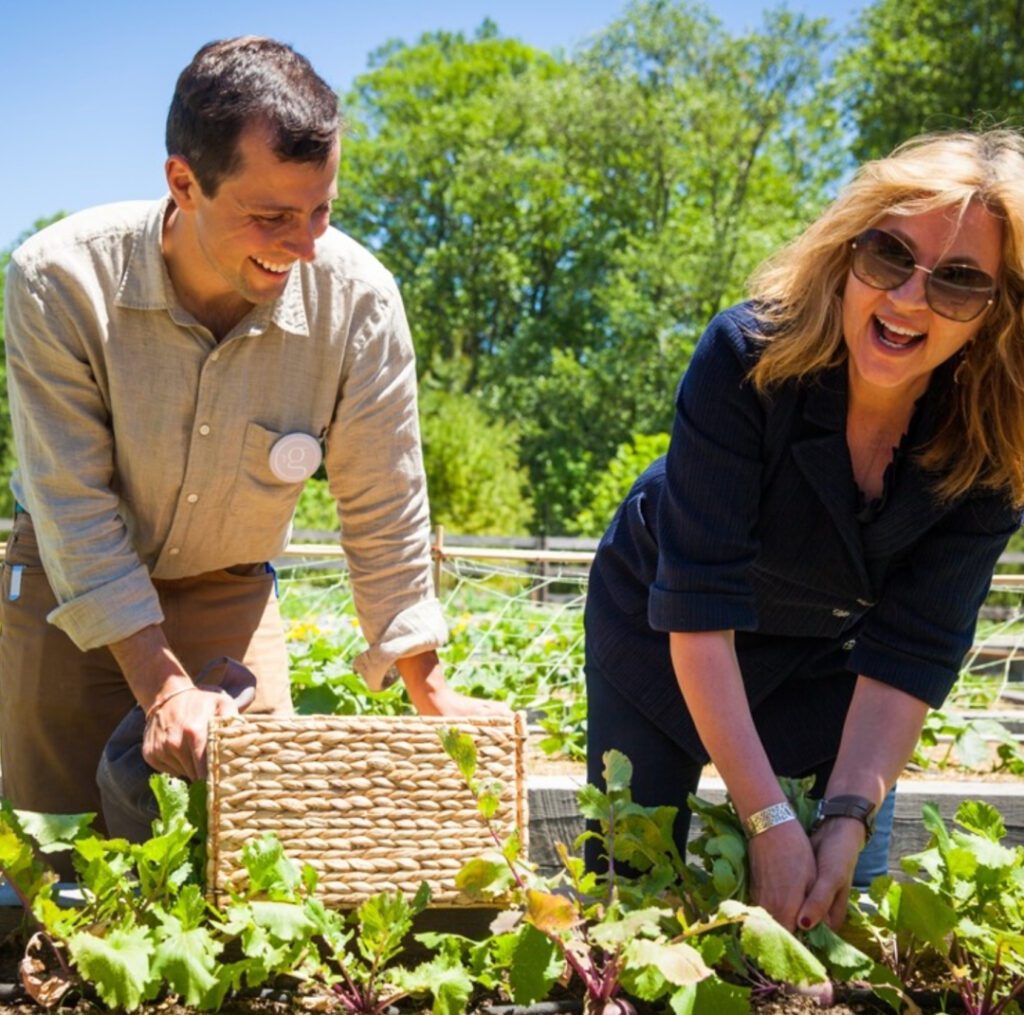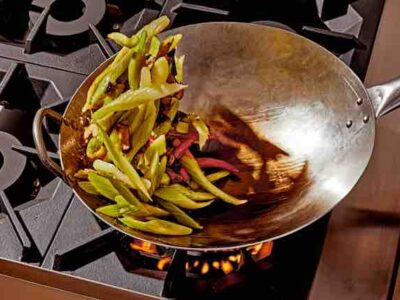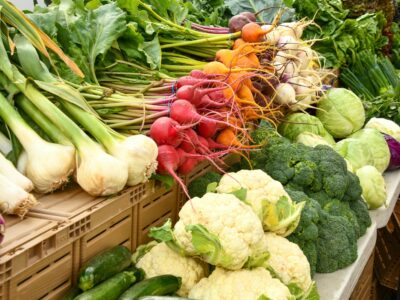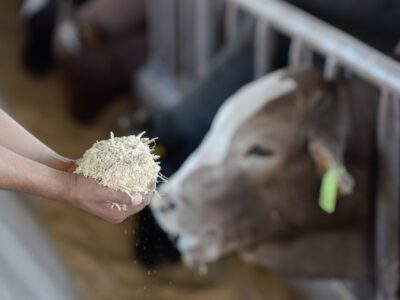Just outside the city limits of New York City is the town of New Canaan, CT. This quaint suburb is home to the nonprofit Grace Farms, a cultural center founded in 2015 that serves local and worldwide communities.
The Grace Farms Foundation, which owns and operates the center, accomplishes this through many initiatives. Its mission is “to pursue peace through five initiatives — nature, arts, justice, community, and faith … Our stake in the ground is to end modern slavery and gender-based violence and create more grace and peace in our local and global communities.”
A Business With A Purpose
One of the foundation’s successful endeavors is Grace Farms Food. The B-Corp business, which scored 102.2 for overall impact, works to bring awareness about unfair labor practices in coffee and tea sourcing while developing active solutions to solve this systemic problem.
Founder and CEO of the foundation, Sharon Prince, wanted to use coffee as an olive branch to the New Canaan community. She saw it as a great relationship builder and hoped people who visited the Farm’s campus would feel welcome. Nestled on a lakefront property with its iconic River building filled with floor-to-ceiling windows, visiting Grace Farms shows how much the natural world matters to the organization.

A supporter who owned a coffee business wanted to donate some to the nonprofit, and Prince decided to accept if it was from women-led cooperatives and ethically sourced. Her wish was realized with blends from coffee-rich nations like Indonesia, Colombia, and Ethiopia. People loved the roasts, requesting it to be shipped across the U.S. Thus, a social enterprise opportunity sprung up.
In addition, Grace Farms’ resident tea master Frank Kwei got involved with this initiative. He recognized how tea could enhance the visitor experience and “an opportunity to learn about the foundation’s humanitarian work,” Adam Thatcher, co-founder and CEO of Grace Farms Foods, told “Forbes.”
Thatcher co-founded Grace Farms Foods with Prince in 2021 after serving as Grace Farms’ director of operations and sustainability. The trio ensures all the tea and coffee are harvested ethically and sustainably. The farm gives 100% of its tea and coffee sales toward ending forced labor.
“We started Grace Farms Foods because we wanted to share Grace Farms with as many people as possible while demonstrating and educating about ethical and sustainable supply chains through our signature cookies, coffee, and teas,” Prince and Thatcher said in their benefit corporation report.

Brewing Results
Grace Farms Foods has three overarching goals. First, share the story and experience with as many people as possible through coffee and tea. Second, educate people about ethical and sustainable supply chains. Third, give back 100% of profits to Design for FREEDOM, the nonprofit that works to end forced labor across the globe.
Some of the statistics presented in the report are impressive. Around 75% of all Grace Farms products carry a third-party certification for fair trade and worker protection. One hundred percent of the products are certified organic. The packaging is 66% recyclable, biodegradable, or Forest Stewardship Council (FSC) certified.
In addition, 46% of Grace Farms’ expenses are spent with businesses that are female-majority or minority-owned. No chemical fertilizers are used at the tea and coffee farms. The tea is packed into biodegradable sachets. The company is committed to procuring coffee and tea fairly and sustainably.

To do so, Grace Farms Foods partnered with Fairtrade International. According to Thatcher, it is the first U.S. tea brand “to source Fairtrade-certified ingredients.” The global organization fights for equal working conditions and fair wages in developing nations by working with businesses on a mutually-agreed set of standards. A partnership like this ensures Grace Farms are not exploiting workers or receiving their products from an unethical farm.
Thatcher said he and other Grace Farms executives try to visit their tea gardens and coffee operations to establish relationships with tea pickers and factory workers. Fairtrade helped pay for school bussing for children of workers at some of Grace Farms’ sourcing sites.
“We’ve intentionally created delicious products that include ingredients that are ‘at-risk’ of forced labor and child labor,” according to Grace Farms Foods’ Ethical & Sustainable webpage. “We did this because we want to prove that any company can and should prioritize freedom over profit.”
Eco-friendly Agriculture
While Grace Farms is tackling unethical labor practices, some uncontrollable factors impact the tea industry. Climate resilience is the biggest issue facing the tea industry, according to Thatcher.
Storms are getting stronger and more frequent. Geopolitical events will affect supply chains. Soil erosion is also a real threat to tea planting, so more biodynamic agriculture is needed to create more fertile, resilient soil. Thatcher says the everyday tea drinker needs to advocate for organic team farming to ensure the industry’s future.
Customers can purchase Grace Farms Foods’ Sips tea line and Drips coffee grounds on the company website.





